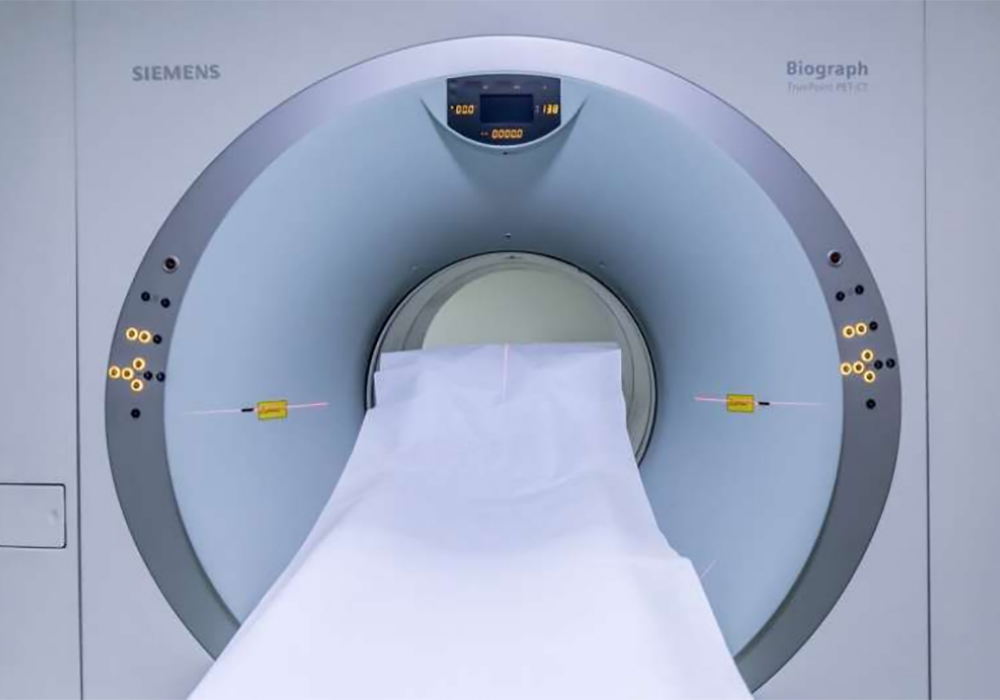
Chinese researchers have developed a process for producing the medical isotope molybdenum-99 (Mo-99) using the electron accelerator system. The study was published in Applied Radiation and Isotopes.
Mo-99 is the mother nuclide of technetium-99m (Tc-99m), which is widely used in diagnostic nuclear imaging procedures. Currently, the majority of Mo-99 is produced from the nuclear reactors via fission of highly enriched uranium. Many efforts have been made to find alternatives. Production of Mo-99 via 100Mo(γ, n)99Mo reaction attracts a lot of attention due to its low level of co-produced impurities.
Researchers from the Institute of Modern Physics (IMP) of the Chinese Academy of Sciences (CAS), have investigated producing Mo-99 via 100Mo(γ, n)99Mo reaction.
In order to obtain a high yield of Mo-99, the researchers optimized the target system by means of Monte Carlo simulations before conducting irradiation experiments. In the experiments, the target system was irradiated at the terminal of the electron linear accelerator system at IMP. The bremsstrahlung was generated from the tantalum converter and Mo-99 was produced in the Mo-100 target.
The researchers analyzed the radioactivity of Mo-99 and radionuclidic purity of the Mo-99 product. The results showed that a manageable level of impurities was co-produced during irradiating the target system and high radionuclidic purity of Mo-99 product was achieved.
This study lays a sound foundation for producing medical isotope Mo-99 on a large scale with electron accelerators in China.
